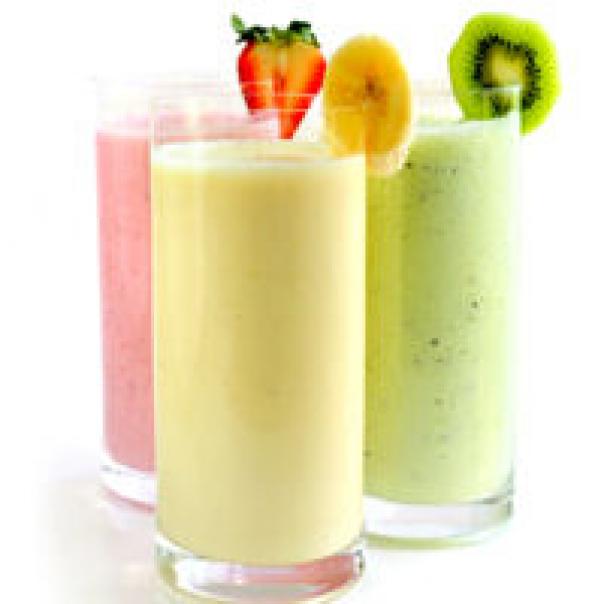
Although the Government claims that unhealthy edible products will be subject to VAT in order to discourage purchases of junk food, Britons were at a loss to guess which foods were deemed ‘healthy’ under this ruling.
The majority were mistaken about fruit smoothies, cereal bars and protein bars, which are subject to 20% VAT, while chocolate cake, millionaire’s shortcake and frozen ready meals are VAT free.
VAT was first introduced in 1973 and as a requirement of Britain joining the Common Market, government ministers excluded so-called staple foods in a bid to ensure families could afford to eat a healthy diet.
This meant that the tax was applied to products such as confectionary, ice cream, biscuits, crisps and nuts, whereas cake and frozen ready meals avoided the tax.
However, due to the changing nature of diets foods that are now deemed as healthy continue to be taxed in the same way as unhealthy foods.
The survey, conduced by Huel, a powdered food product, asked respondents “how healthy is your diet?” and provided a scale from one (extremely unhealthy) to 10 (extremely healthy). The average Brit felt their diet was a seven out of ten on the scale.
All respondents were then asked if they felt they had a good understanding of what food products were healthy and unhealthy, to which 89% indicated that they did have a good understanding.
However an overwhelming majority failed to identify that items such as chocolate cake, millionaire’s shortcake and toffee apples avoided the 20% VAT hike. Whereas, snacking raisins, protein bars and fruit smoothies were subject to it.
Other items that are subject to VAT include frozen yoghurt, roasted peanuts, cereal bars, hot sandwiches, diabetic chocolate and popcorn. Items that avoid the tax include gingerbread, chilled or frozen ready meals, jaffa cakes, tortilla chips, flapjacks and cake ingredients.
Almost all respondents said they felt ‘surprised’ (95%) and ‘confused’ (82%), while only 6% said that they agreed with the rulings.
Julian Hearn, founder of Huel, said: “We are all for healthy eating and, while the whole idea of the ‘nanny state’ is up for argument, we think this incentive to bring costs of healthy foods down is a very positive thing. Unfortunately, there are places where the categories don’t seem to make sense and may not be quite up to date with our knowledge and lifestyle today.
“We now have an alarming rate of the population with type 2 diabetes; we should use the VAT system as a disincentive for unhealthy foods which contribute, such as sugary foods like millionaire’s shortbread and chocolate cookies.”
“Although it is confusing in places, we need to remember that in principle this is a scheme designed to help us eat well for less. There are certainly improvements that can and should be made to develop it further – and perhaps review our need for cake, for example!”